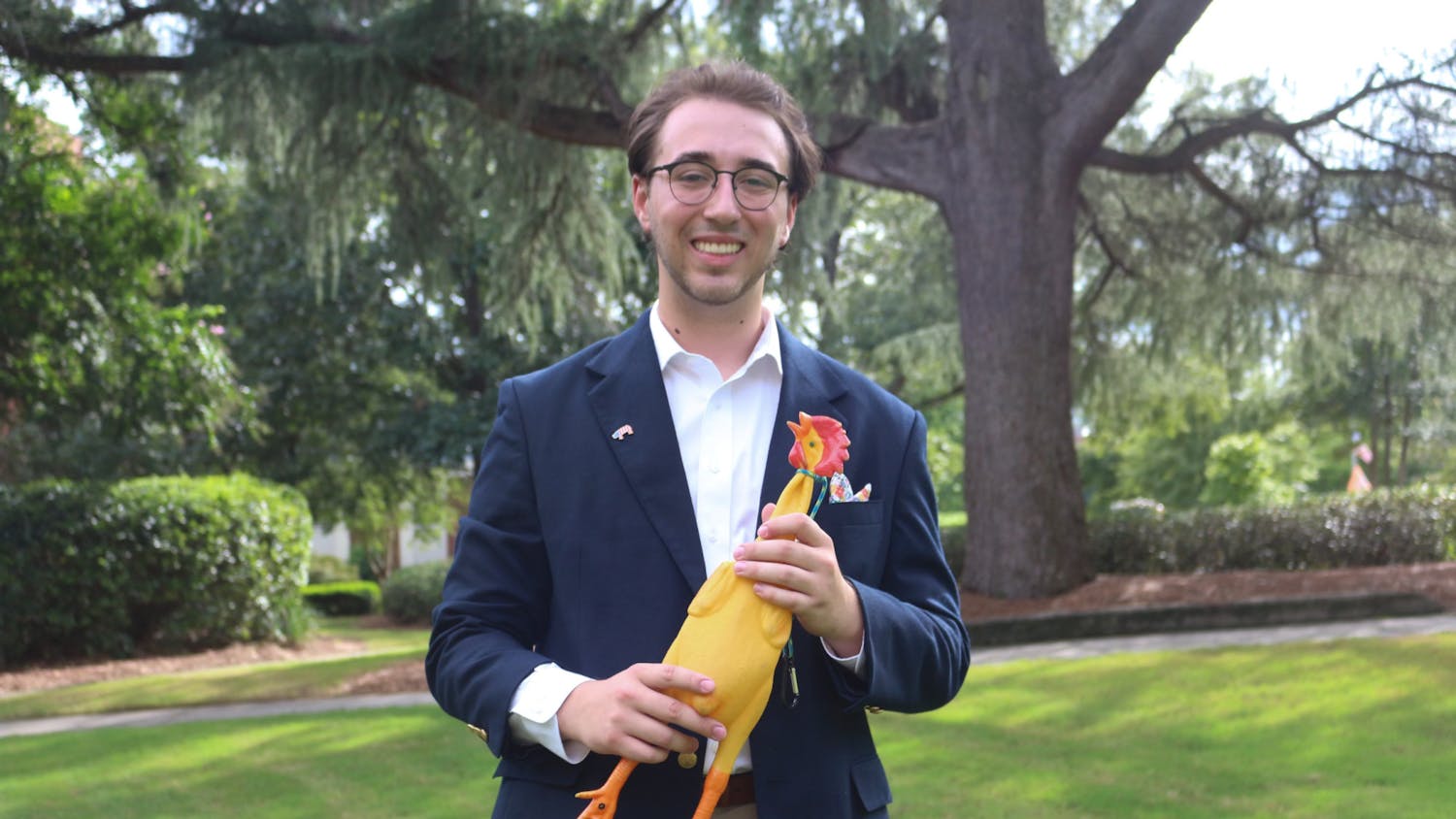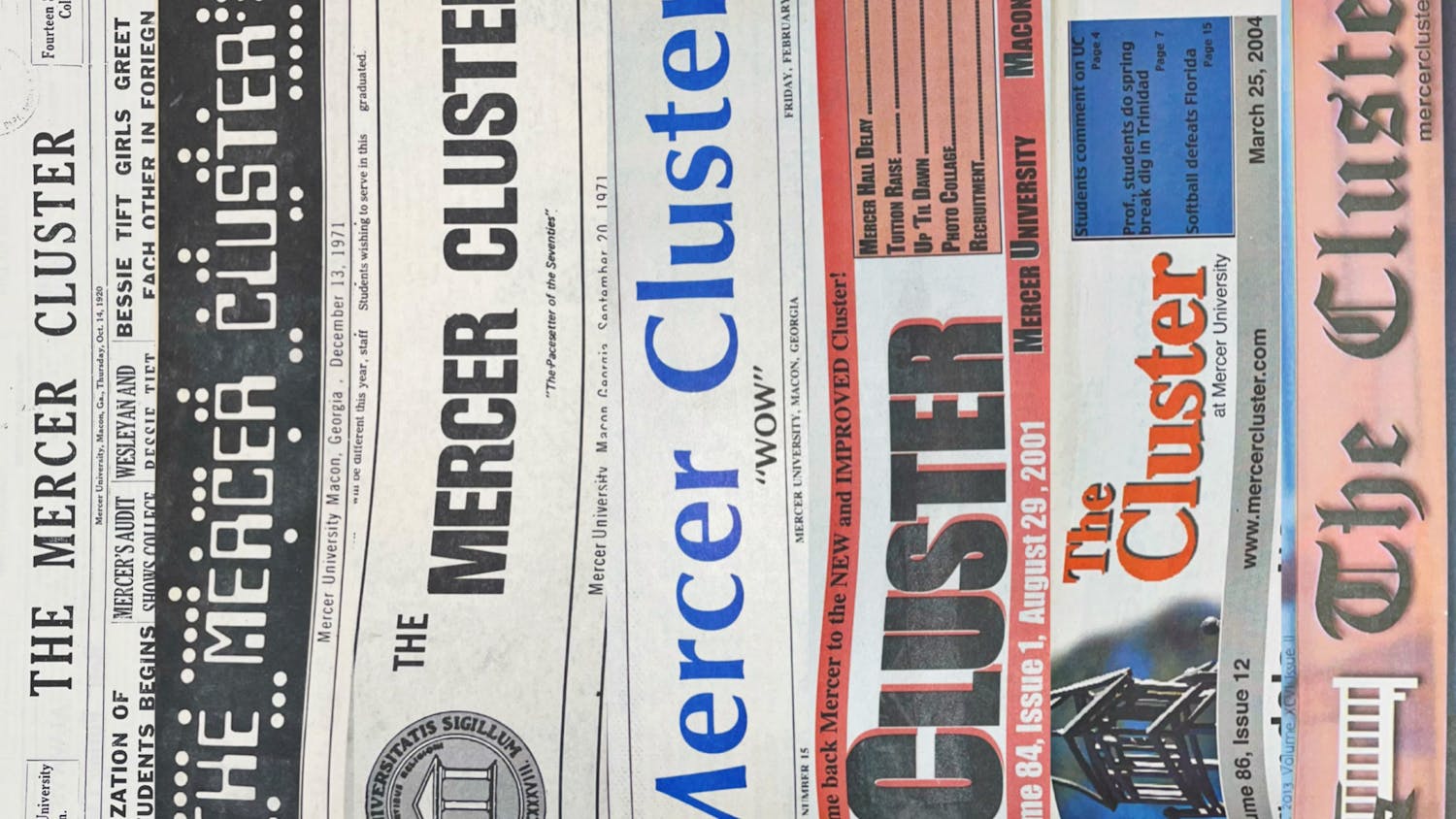A common theme seen in the more liberal media outlets is populist anger against “the rich.” Those two words encompass a diverse group of people.
Dr. Thomas Stanley, a premier expert on America’s affluent, ran statistical analyses showing that “the rich” are composed of three groups: the richest, the average and then the fake millionaires.
The flashy millionaires are a small number of mostly unintelligent celebrities who blow their cash on Ferraris and G6s. They do not invest or grow their wealth after they earn or inherit it, probably because they never cultivated their minds.
The average millionaires are 94 percent of the demographic. They drive Fords and Toyotas while owning houses valued around $500,000 and below, typically sized to their needs. Their money is smartly invested and they also regularly donate a sizable sum to charity.
They shop at Marshall’s and other discount retailers and do not own expensive watches. They also work long hours and have battled through multiple graduate degrees. Simply put, most millionaires are smart, modest, and decent people.
Onto the fake millionaires. They drive BMWs, Mercedes and own McMansions (which used to be valued at around $700,000 and up before the crash). They wear Rolexes and shop at expensive department stores such as Bloomingdale’s.
They do not invest their money because they have none — these people are in debt up to their chins. They borrowed heavily against their house and they leased their cars. They lack the income to be taxed in the same bracket as the richest, and judging by their financial decisions, they aren’t modest or intelligent.
What can one draw from this information? The populist anger against them is misdirected at a false image of the affluent. The media often reinforces this stereotype.
What should matter in the battle over the tax cuts for the rich is data, not emotion. Most millionaires offer their wealth up for investment and charity while maintaining modest lifestyles and working harder than most.
Yes, some financial fat cats and CEOs made bad decisions that helped push the economy over the edge. But they were in the minority, and the rest of the rich should not be torn down with them.
Demagoguery should be directed toward opinions@mercercluster.com
Liberal politicians use the rich as scapegoats





